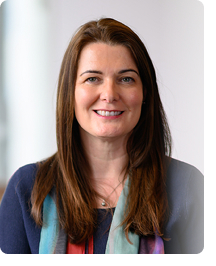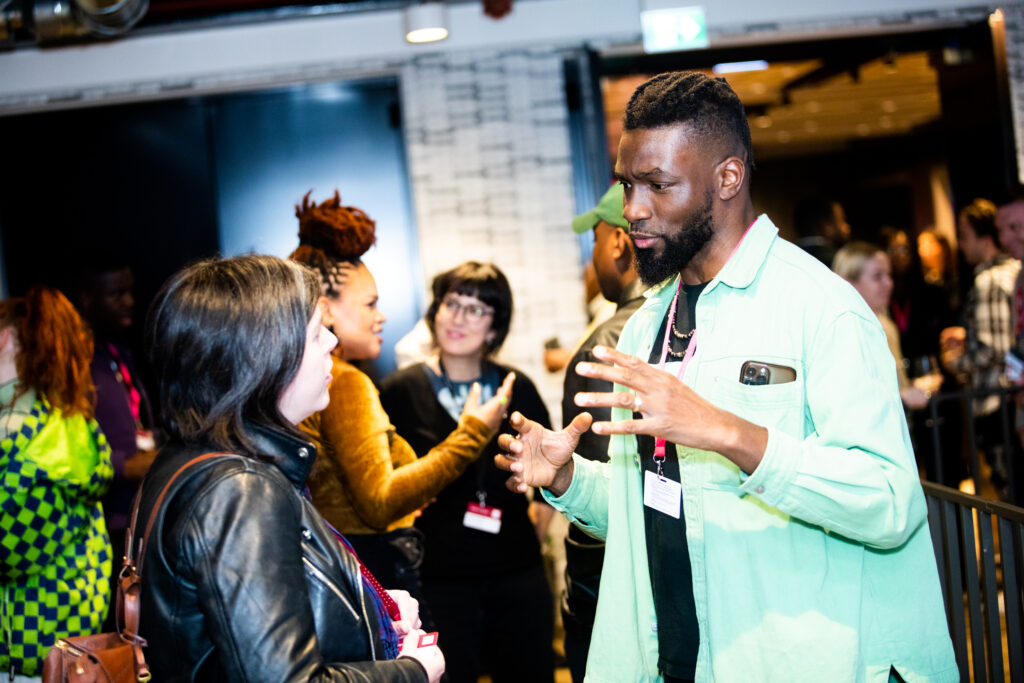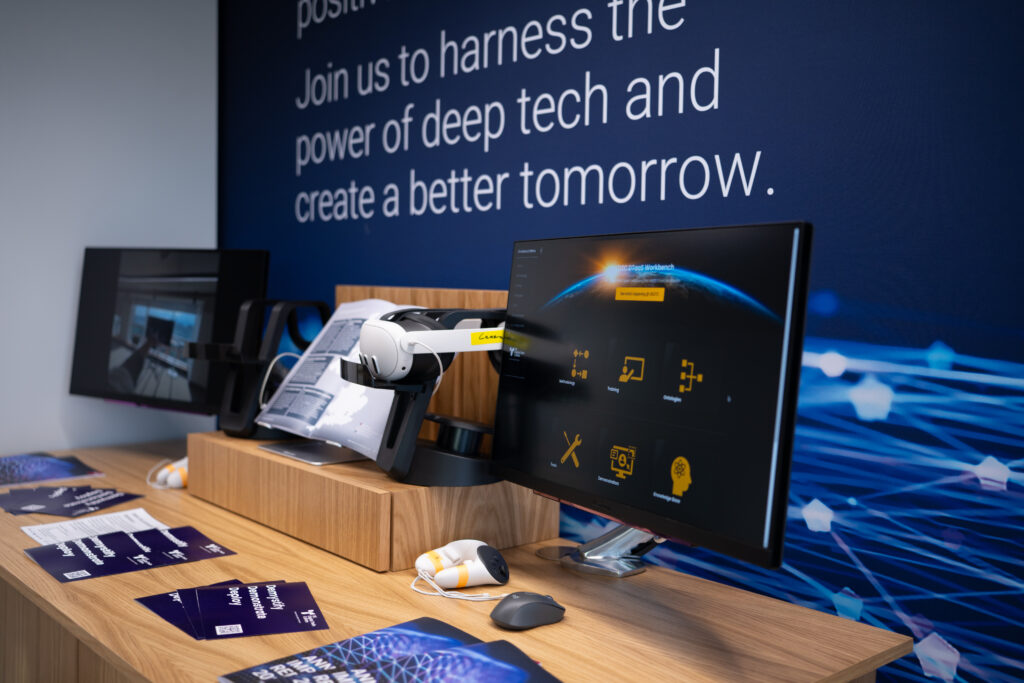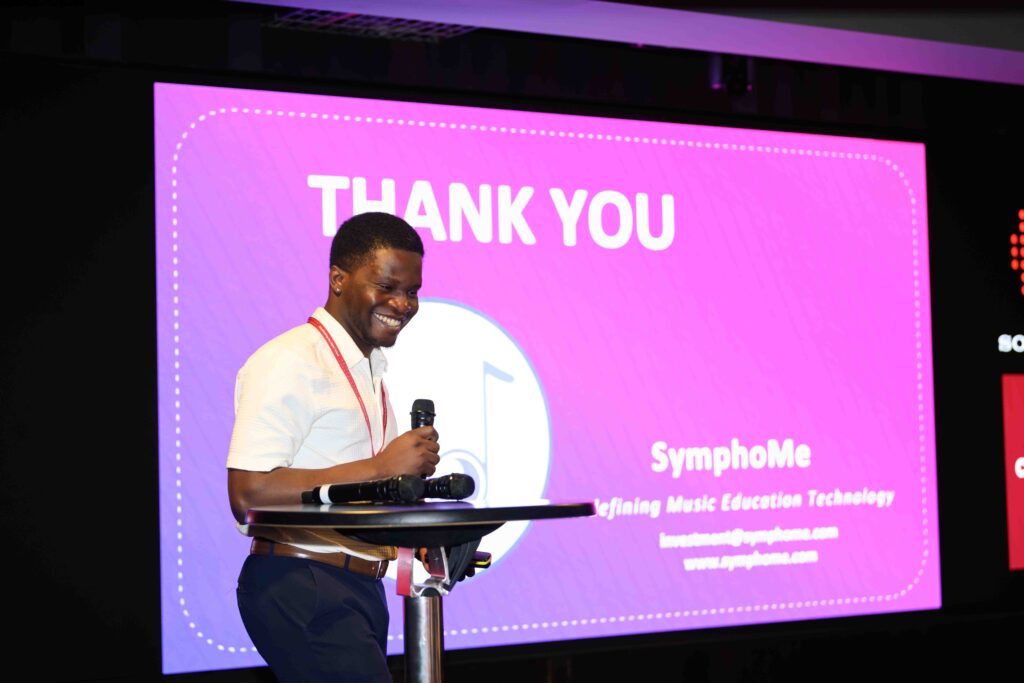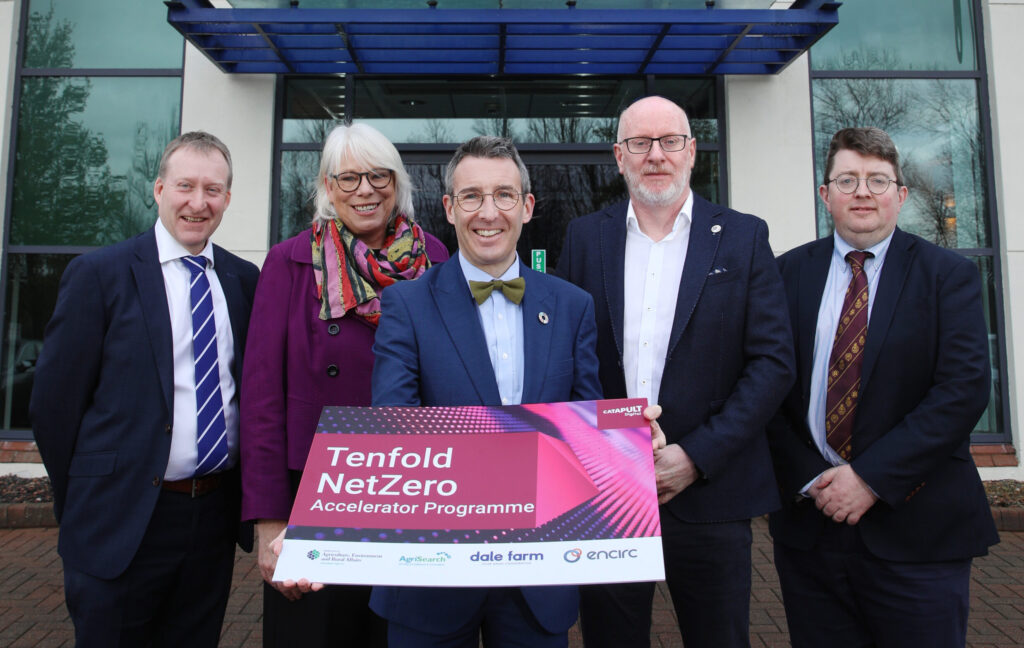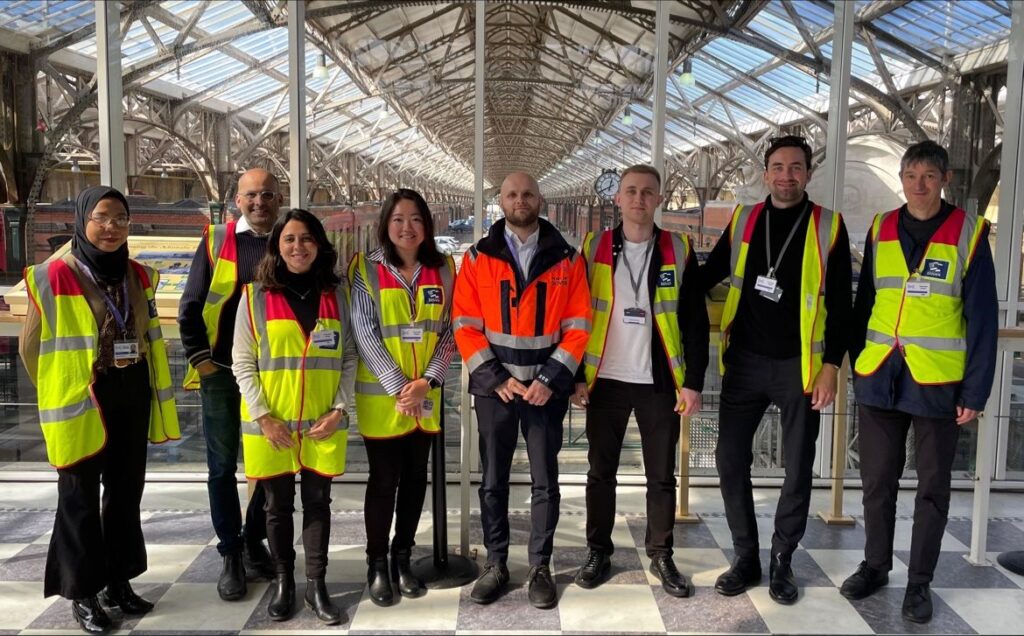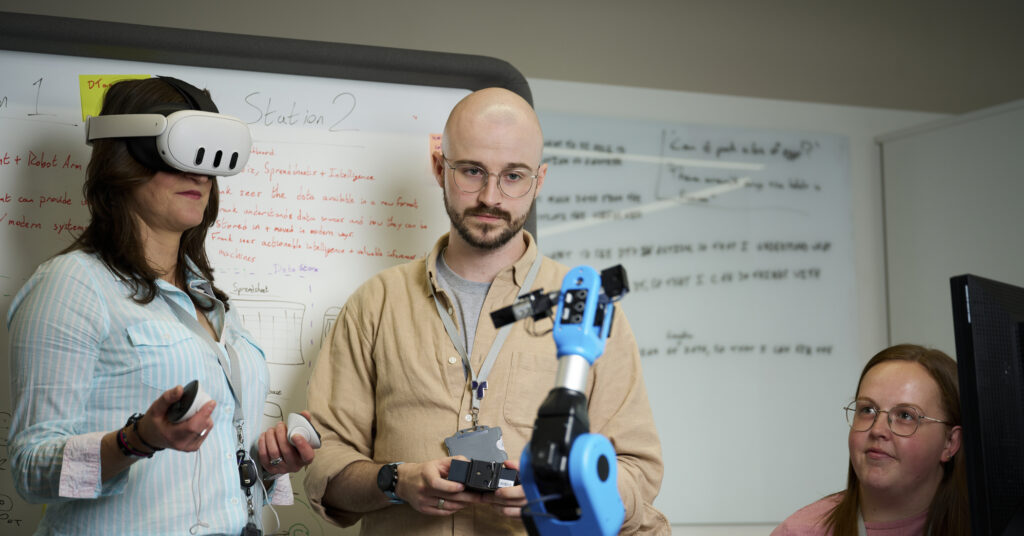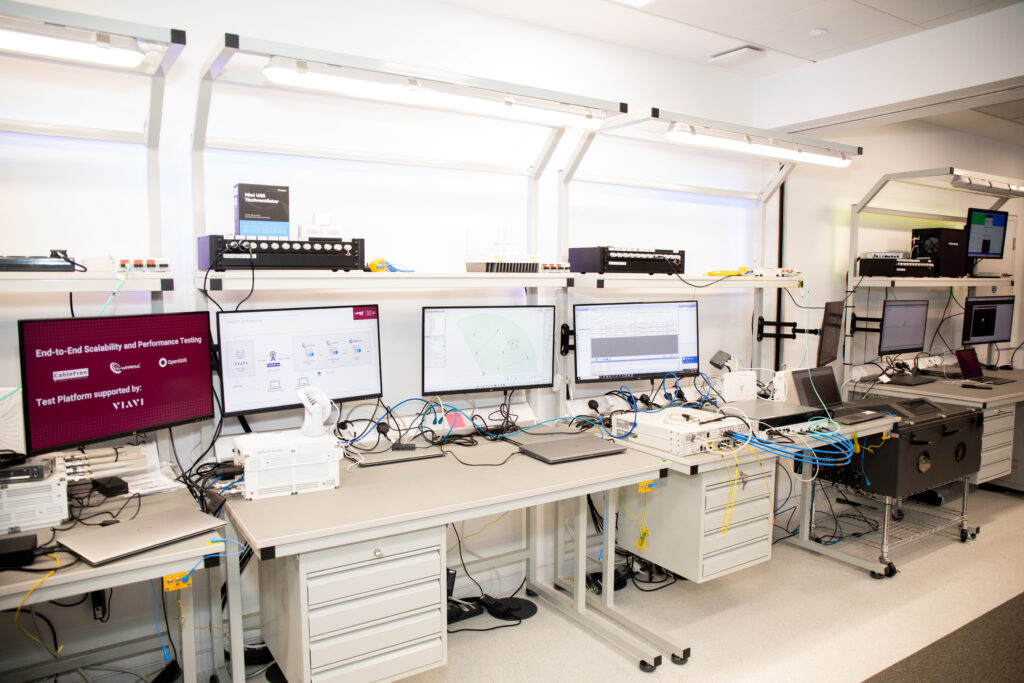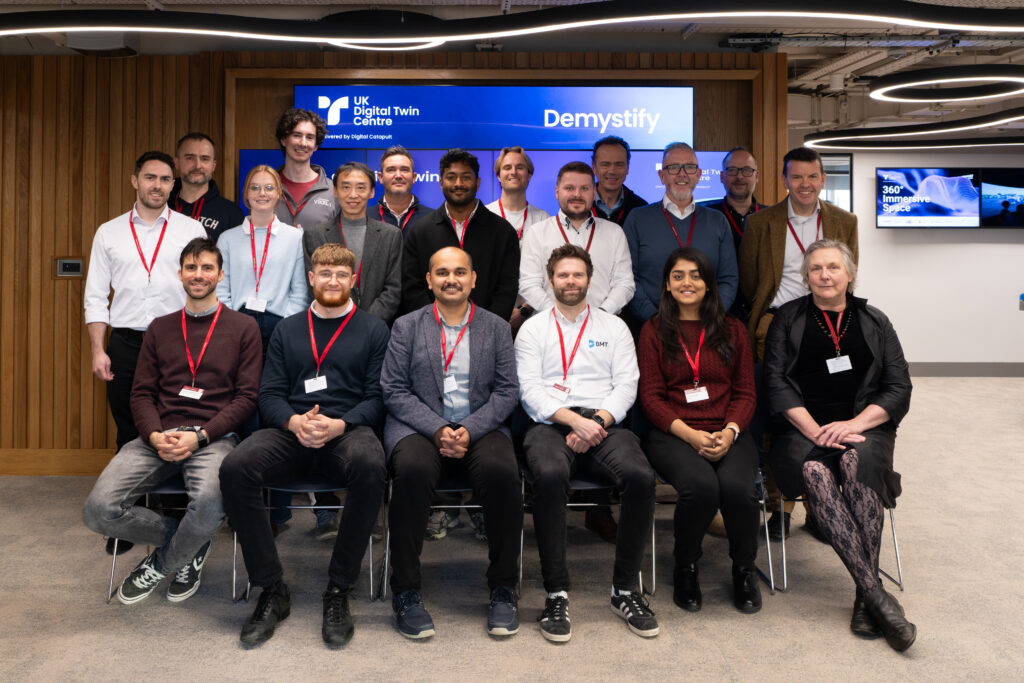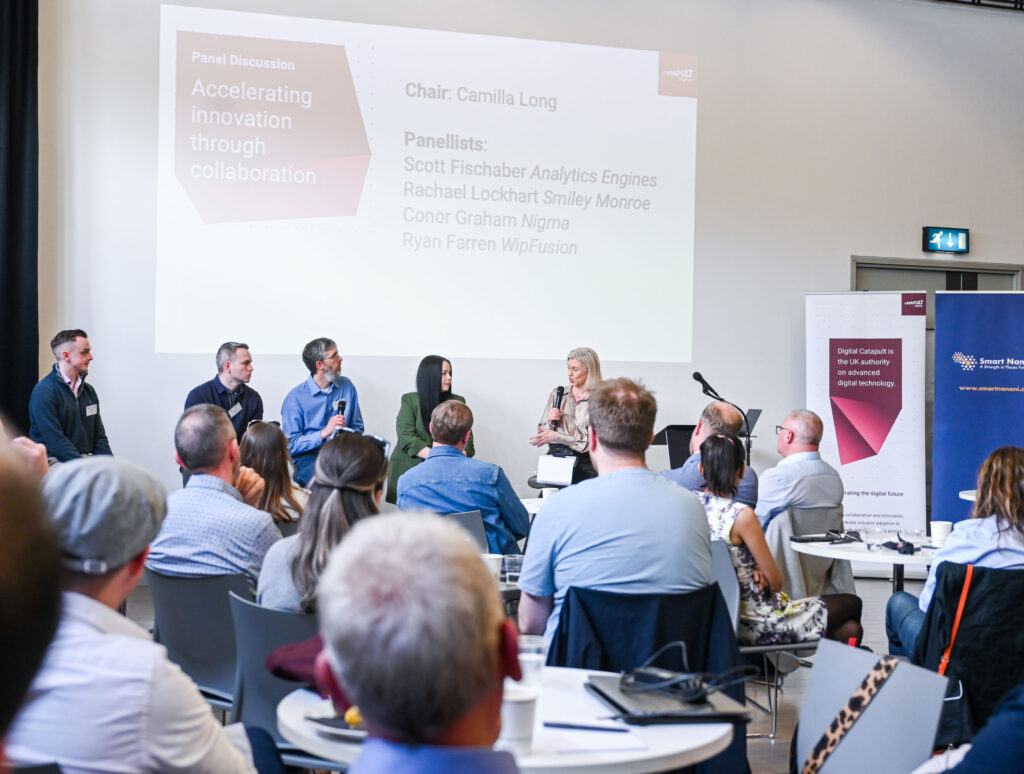The culmination of our first Quantum Technology Access Programme (QTAP) was a special moment. We had the pleasure and privilege to work with 11 companies, including Airbus, Rolls-Royce and the UKAEA, on their journey from quantum computing theory to hands-on work. The final showcase in February 2024 gave all the participants the chance to present what they’d learned on their journey with Digital Catapult, including the results of running quantum computing use cases on the ORCA Computing PT-1 photonic quantum computing, or simulating them on a Riverlane estimation tool.
It’s no secret that quantum computing promises to deliver significant business benefits in the future by enabling calculations simply not feasible with classical methods. It’s also no secret that quantum computing is at an early stage of development. Our programme was designed to give our far-sighted cohort the opportunity to explore and understand future business impacts of the new technology, which has the potential to be highly disruptive. For me, it was a special experience to join our participants on their journeys, supporting and encouraging these organisations to embrace a new technology that could have significant potential in their respective industries.
QTAP is part of a wider Innovate UK Industry Strategy Challenge Fund (ISCF) funded project called Quantum Data Centre of the Future, which aims to embed a quantum computer within a classical data centre to explore real world access to a quantum computer.





